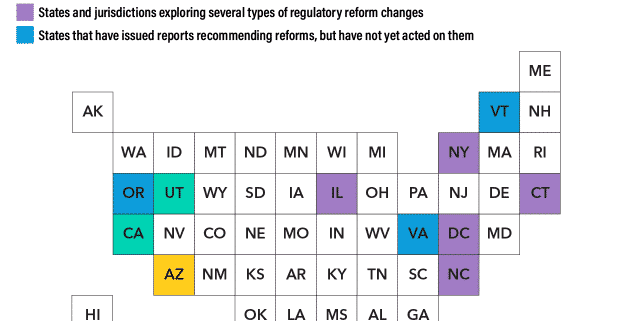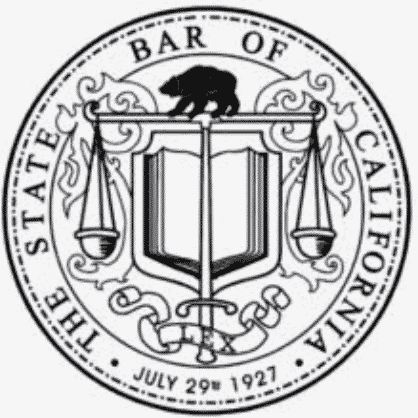The Time Is Now for CA Lawyers to Voice Their Opinions on Nonlawyer Ownership in Law Firms
Members of the State Bar of California’s Closing the Justice Gap working group are split over how broad to make the state’s trial of regulatory changes. The board of trustees approved the working group, which is tasked with considering changes in nonlawyer ownership and fee sharing, in May 2020. Its SCOPE subcommittee is currently debating whether or not the organizations allowed to participate should be limited to those serving low-income individuals.
The program stems from the state bar’s Access Through Innovation of Legal Services (ATILS) task force, with the initial aim of making legal services more affordable and accessible to residents in the low-to-middle income brackets. Some members of the group, including law professor Bridget Gramme, argue that findings from similar regulatory changes in countries like the UK have suggested that “to promote innovation, it makes the most sense to keep the structures as open as possible, ‘especially at the beginning.’” Others counter that allowing nonlawyer ownership in legal entities that serve businesses would not “have as much chance at downward assistance,” as put by OneJustice Volunteer Of Counsel Toby Rothschild.
Depending on how the state bar and ultimately the California Supreme Court decide, ownership and investment in law firms could be shared by organizations including the Big Four accounting firms and venture capital firms, as well as tech companies like Rocket Lawyer, which was among the first entities allowed into a similar regulatory scheme in Utah.
Utah’s situation is instructive. The program was initially created on a two-year basis but recently extended for a total of seven years. Of 22 authorized entities reported so far by the Utah Supreme Court’s Office of Legal Services Innovation, several fall into the categories of “lawyers employed/managed by nonlawyers” or “non-lawyer provider w/ lawyer involvement.” The long-term repercussions of more generous regulatory changes are not yet apparent, with Arizona making one of the more drastic moves just last summer when it completely eliminated the ethics rule barring nonlawyer ownership.
It’s difficult to overestimate the significance of these current and proposed changes, but attorneys in California still have time to make their voices heard. If you are part of the legal services industry in California, now is the time to get involved, attend the meetings, and voice to representatives of the state bar your support for or opposition to these shifts. With the working group due to make recommendations to the State Bar of California’s board of trustees next September, the coming year will have an enormous impact on the future of the legal profession in the state. According to Bloomberg Law, the SCOPE subcommittee will meet again June 4, with the full working group meeting June 18.







Leave a Reply
Want to join the discussion?Feel free to contribute!